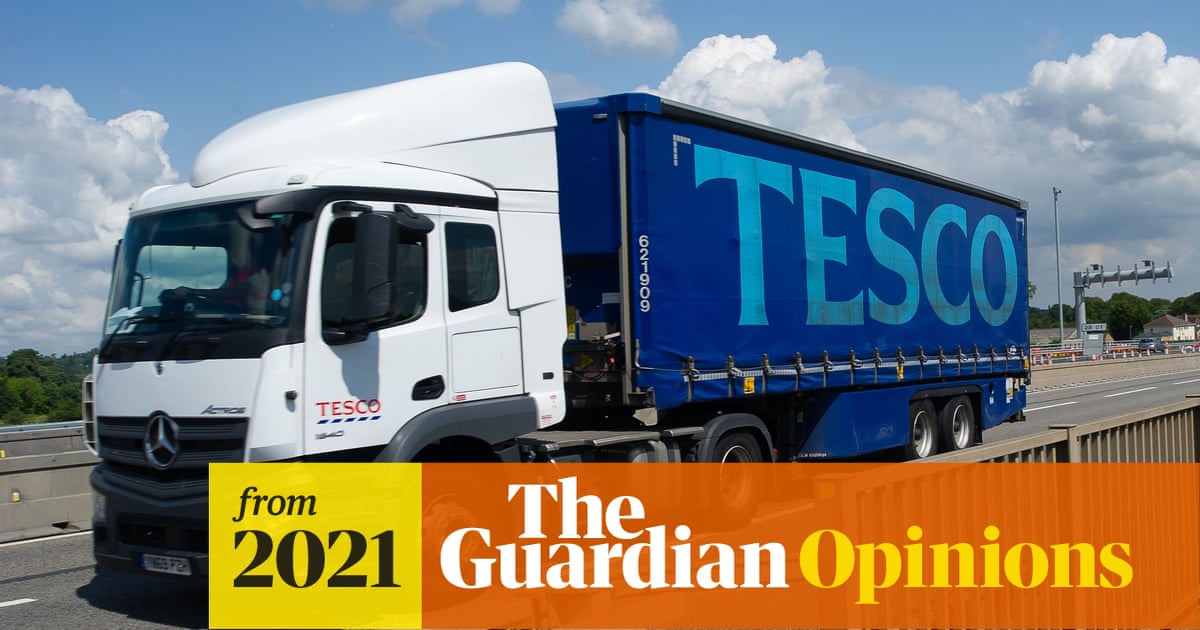patrickkinney
Well-Known Member
- Joined
- 23 Jul 2021
- Messages
- 109
- Team supported
- Inter Miami
Interesting article today:

 www.theguardian.com
www.theguardian.com
"There has been much academic work done into the impact of migration on wages in the UK. The evidence is that where workers from overseas complement home-grown workers, they boost earnings. This tends to benefit those at the top end of the income scale.
It is a different story at the other end of the labour market, because wages are held down when migrant workers compete with domestic workers. The competition tends to be greatest in low-paid jobs, such as hospitality and social care.
That is not quite the end of the story, because increasing the supply of overseas workers also boosts demand. The new employees are also consumers and spend the money they earn like everybody else. The extra demand creates more jobs, although mainly in low-paid sectors.
Against this backdrop, it is perhaps unsurprising that Brexit divided the nation in the way it did. If you were in a relatively well-paid job and not at risk of being replaced or undercut by a worker from overseas, you were likely to vote remain. The Polish plumber was cheaper, the Lithuanian nanny was better educated, so what was not to like?
If, on the other hand, you were part of Britain’s casualised workforce, needing two or more part-time jobs to get by, you were much more likely to vote leave, on the grounds that tougher controls on migration would lead to a tighter labour market, which in turn would push up wages.
For those who have nothing to fear from open borders, labour shortages are evidence Brexit is flawed. For those not so fortunate, it is doing what it was supposed to do."
Is this perhaps why Jeremy Corbyn was a bit lukewarm on the issue of Brexit?

So what’s so wrong with labour shortages driving up low wages? | Larry Elliott
For those who are part of Britain’s casualised workforce Brexit isn’t flawed – quite the opposite
"There has been much academic work done into the impact of migration on wages in the UK. The evidence is that where workers from overseas complement home-grown workers, they boost earnings. This tends to benefit those at the top end of the income scale.
It is a different story at the other end of the labour market, because wages are held down when migrant workers compete with domestic workers. The competition tends to be greatest in low-paid jobs, such as hospitality and social care.
That is not quite the end of the story, because increasing the supply of overseas workers also boosts demand. The new employees are also consumers and spend the money they earn like everybody else. The extra demand creates more jobs, although mainly in low-paid sectors.
Against this backdrop, it is perhaps unsurprising that Brexit divided the nation in the way it did. If you were in a relatively well-paid job and not at risk of being replaced or undercut by a worker from overseas, you were likely to vote remain. The Polish plumber was cheaper, the Lithuanian nanny was better educated, so what was not to like?
If, on the other hand, you were part of Britain’s casualised workforce, needing two or more part-time jobs to get by, you were much more likely to vote leave, on the grounds that tougher controls on migration would lead to a tighter labour market, which in turn would push up wages.
For those who have nothing to fear from open borders, labour shortages are evidence Brexit is flawed. For those not so fortunate, it is doing what it was supposed to do."
Is this perhaps why Jeremy Corbyn was a bit lukewarm on the issue of Brexit?


